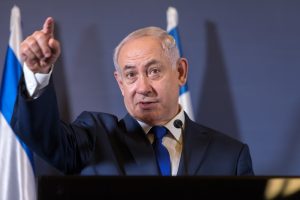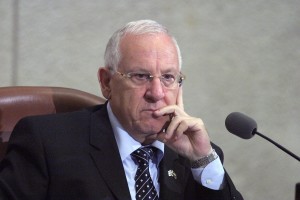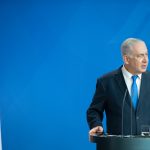It’s worth noting that Secretary of State Hillary Clinton’s Middle East policy address on Friday contained yet another explicit endorsement of the concept of ‘linkage‘ between resolving the Israeli-Palestinian conflict and the long-term strategic interests of the United States in the Middle East.
… Iran and its proxies are not the only threat to regional stability or to Israel’s long-term security. The conflict between Israel and the Palestinians and between Israel and Arab neighbors is a source of tension and an obstacle to prosperity and opportunity for all the people of the region. It denies the legitimate aspirations of the Palestinian people and it poses a threat to Israel’s future security. It is at odds also with the interests of the United States.
This notion tracks, nearly verbatim, with statements by diplomats from the UAE, Egypt, Jordan and Qatar, according to WikiLeaks cables. While this type of reasoning seems well grounded in facts, hawkish pundits, like Jennifer Rubin and David Frum; right wing think-tanks, like the Jewish Institute for National Security Affairs (see their Friday report); and Israeli President Benjamin Netanyahu continue to deny the existence of ‘linkage.’





Clinton’s words here reflect American interests; Rubin, Frum, et al reflect perceived Israeli interests. Between American and Israeli interests there is a great gap fixed, though whether Secy. Clinton realizes this is a matter of considerable doubt.
Eli, It’s time to tweek the definition of ‘linkage’
With reference to Daniel Brumberg and Barry Blechman’s piece yesterday
http://mideast.foreignpolicy.com/posts/2010/12/14/strategic_engagement_with_iran
is it not more sensible to be ‘linking’ a US-Iran detente with a solution to the I/P problem, among a host of other regional issues.
This is in contrast to the the way ‘linkage’ is misused to denote a scheduling conflict. The problem is being defined as: shall we do in Iran first, or should we do it in as the second item on the agenda. I guess the assuption on the left and right is that Iran, and other regional stake holders are potted plants just watching to see if and when the scheduling conflict is resolved.